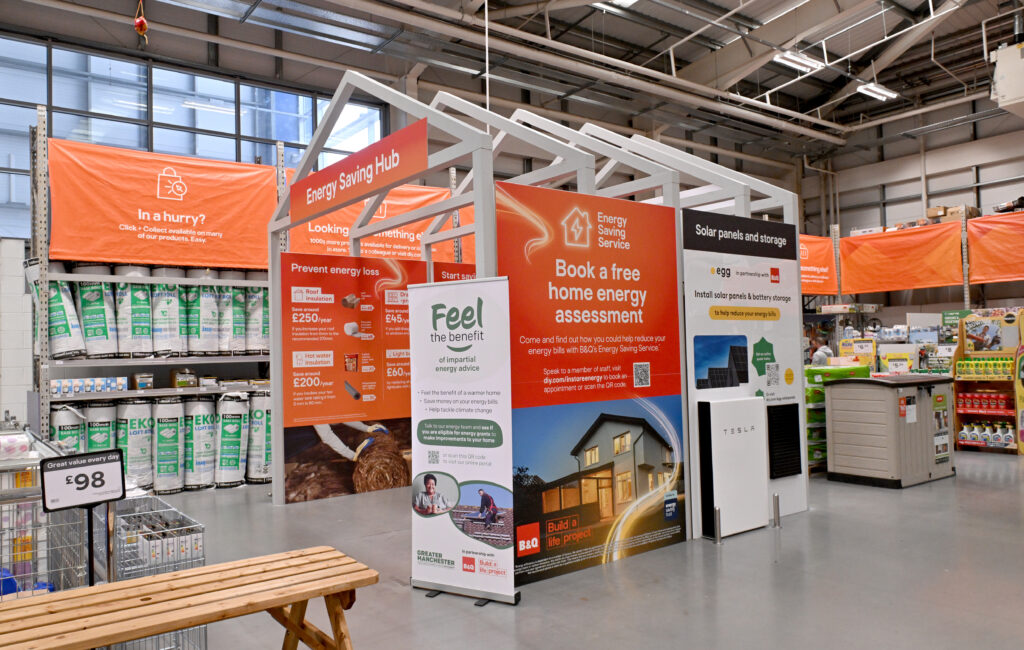How do you avoid the potential legal pitfalls when opening up a festive pop-up shop?
Christmas is coming, and with the faint call of shop tills ringing on the high street, temporary shops are beginning to ‘pop‘ up all over the UK.
Pop-up shops are ‘of the moment‘ – in more ways than one. Referred to as ‘flash retailing‘ in other sectors, pop-ups crop up unexpectedly at previously empty or derelict locations – trading for anything from a few days to several months. With the Christmas shopping period kicking off as we speak, it provides the perfect opportunity for retailers looking to cash in during the festive period.
This year, shops are already springing into action, gearing up for a busy eight weeks of high octane sales. Chanel has already repackaged its Covent Garden beauty pop-up store for something all together more fragrant and festive, while Harvey Nichols has just launched its seasonal pop-up store at Westfield Merry Hill. Even Marmite, which is dominating Oxford Street this year with its love-it-or-hate-it orange decorations, has popped up with a temporary treat at Selfridges for fans of the toast topping.
However, it‘s not just the high-end brands that are getting in on the action, new businesses and smaller retailers can also benefit from the temporary tactic with gifts, cards, decorations and food all providing an enticing proposition for seasonal shoppers.
First championed by small independent retailers, the recent pop-up craze has been accelerated by measures like Mary Portas‘ Government-backed campaign to rejuvenate the British high street. However, the enduring popularity of pop-ups is largely down to the range of benefits temporary commercial spaces can offer. ‘Flash retailing‘ allows traders to take advantage of increased seasonal footfall and ‘test the water‘ when considering opening up new premises, while the limited time frame also creates a sense of urgency to buy.
In addition, landlords and local councils have every incentive to grant permissions to would-be pop-up traders who promise to occupy previously un-let commercial space.
One of the reasons these pop-ups have proven to be so marketable is that they appear uncontrived – they exude a sense of spontaneity. Of course, the reality is that opening a temporary shop of this type involves a great deal of planning and consideration. So, here are some tips to help you on the way to opening your very own pop-up…
Step 1: Assessing the market Pop-ups can be a very commercially attractive proposition, but, it‘s important to ask yourself whether there is demand within your target area to support your offering. Is your brand unique enough to draw business away from competitors?
Step 2: Find the right commercial property Speak to current occupants who may know of available premises, property shortly coming onto the market, people who can provide you with letting agent and landlord recommendations. Local enterprise agencies can also provide guidance for business start-ups.
Step 3: Securing a short-term lease Instruct a surveyor, who is aware of rental values in the area, to negotiate terms on your behalf. If your perfect property is not available on a short-term basis, try to negotiate a favourable lease break clause that fits in with your timescales. In addition, make a point to check that all the services and utilities are already connected.
Step 4: Complying with licensing regulations Pop-ups selling food need to register with the Food Standard Agency within 28 days of opening and apply to the licensing authority for permission to serve alcohol or hot food between 11pm and 5am. Even when the application process goes smoothly, securing these licences can take several months, so make sure that your lease agreement is conditional on obtaining the relevant permissions.<
RELATED STORIES

















